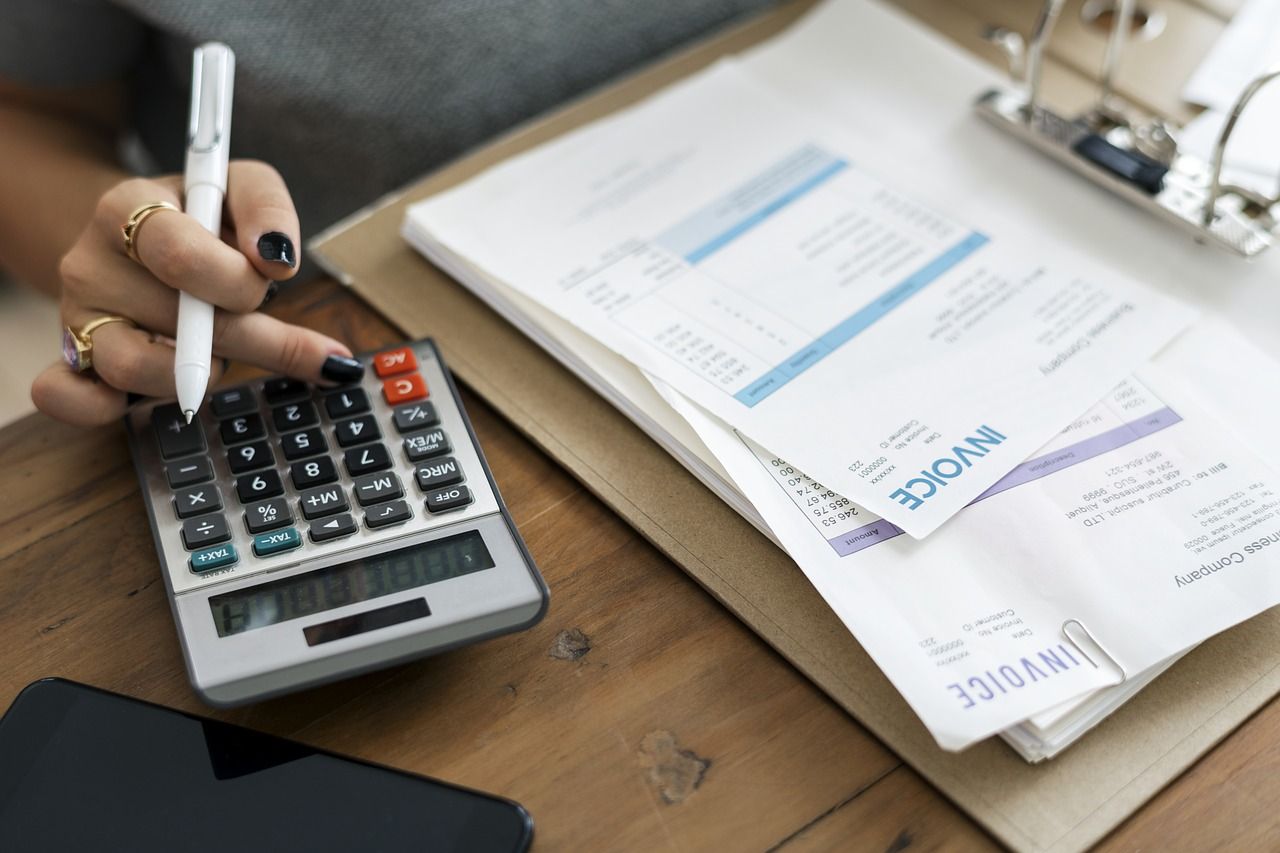
Every small firm in Australia will reach a stage when it could no longer function without the assistance of an accountant. With so many important company decisions to make, it is crucial that you hire an accountant as soon as possible.
Accountants are required by businesses of all types, from sole proprietorships to large corporations, to act as professional consultants and facilitators, most typically in the areas of tax processing and compliance. However, depending on the accountant and their firm, they may be able to advise on a variety of business matters such as cash flow management, succession planning, and so much more.
That is why understanding how to talk about your business with a possible accountant, as well as how to ask them questions about theirs, may have a significant influence on the future of your company.
There is a list of best business tax accountants in Melbourne and Sydney. However, it's a good idea to consult with at least three accountants before deciding on the best one for you. Here is a list of key questions to ask prospective accountants.
What services do they provide?
You require the services of an accountant who can assist you with all parts of your accounting. Your accountant should manage all bookkeeping, compliance, financial planning, and specialised tax advice. The more services an accountant provides, the less work you will have to do. A qualified accountant will free you of the stress of managing your own accounts and tax returns, enabling you to spend more time doing what you like.
Make certain that your prospective accountant has the expertise and experience to handle all of your accounting needs, no matter how difficult they may be. It's even better if they've already worked in your industry or expertise.
What are their credentials?
In Australia, the CPA (Certified Practising Accounting) and CA (Chartered Accountant) are two accounting certifications. These credentials are issued by professional accounting organisations. In certain ways, the two qualifications are distinct.
The CA is primarily concerned with auditing and tax concerns, but the CPA is more concerned with a broader variety of topics, such as business strategy. It's also a good idea to ask for references when selecting an accountant. Understand that an accountant knows more than a bookkeeper or a tax agent.
Do they provide customised services?
There is no such thing as a one-size-fits-all approach in accounting. What approach fits one client might not for the other. Your accountant should provide customised accounting services that are tailored to your specific financial position, not somebody else's. As you clarify what you want, your accountant should quickly discuss how they will address these demands and which of their services will best match you.
What is the structure of their fees?
While you should definitely enquire about an accountant's charges, don't stop there. Evaluate their pricing structure carefully to determine if there are any hidden expenses to be aware of. This might include charges for performing work quickly, photocopying or mailing fees, costs connected with utilising a certain type of accounting software, and so forth.
Study everything you can so that you may compare accountant prices in a fair and truthful manner.
How will they assist you in meeting your financial objectives?
One of the most major benefits of employing an accountant is receiving adequate counsel to plan for your future. Are you thinking of making a major investment? Are you considering buying or selling a business? Or are you only concerned with the long-term viability of your assets?
Discussing your goals straight away helps your potential accountant understand what you want to obtain out of their services. It is vital to state your goals from the beginning, no matter how far-fetched they may look.
How accessible will they be?
Waiting for your quarterly get-together isn't always the greatest solution. There are few things more stressful than being unable to contact the person in control of your finances.
Enquire about the turnaround time for your potential accountant's responses, reports, and filings. Will they be easily available if something unexpected happens and you need to make a quick decision?
Be practical in your expectations, as accountants are also busy individuals, but let your prospective accountant know that you may need their help outside of planned meetings. Determine the best way to contact them in an emergency.
Final Thoughts
You should be able to identify which of your potential tax accountants will give you the best service in only six basic questions. Like your business structure affects you at tax time, a good accountant also makes a huge difference. So, whether you're speaking in person or over the phone, it won't take long to go over these important traits and get a feel of how well you'll associate.
Remember that this is a long-term relationship, so set clear expectations, set objectives, and, most vitally, pick carefully.
Author Bio:
Hi, I’m Eleena Wills. Being a writer and blogger, I strive to provide informative and valuable articles to people. With quality, constructive, and well-researched articles, one can make informed choices. I cover a wide range of topics, from home improvement to hairstyling and automotive. You can also follow me on Twitter & LinkedIn